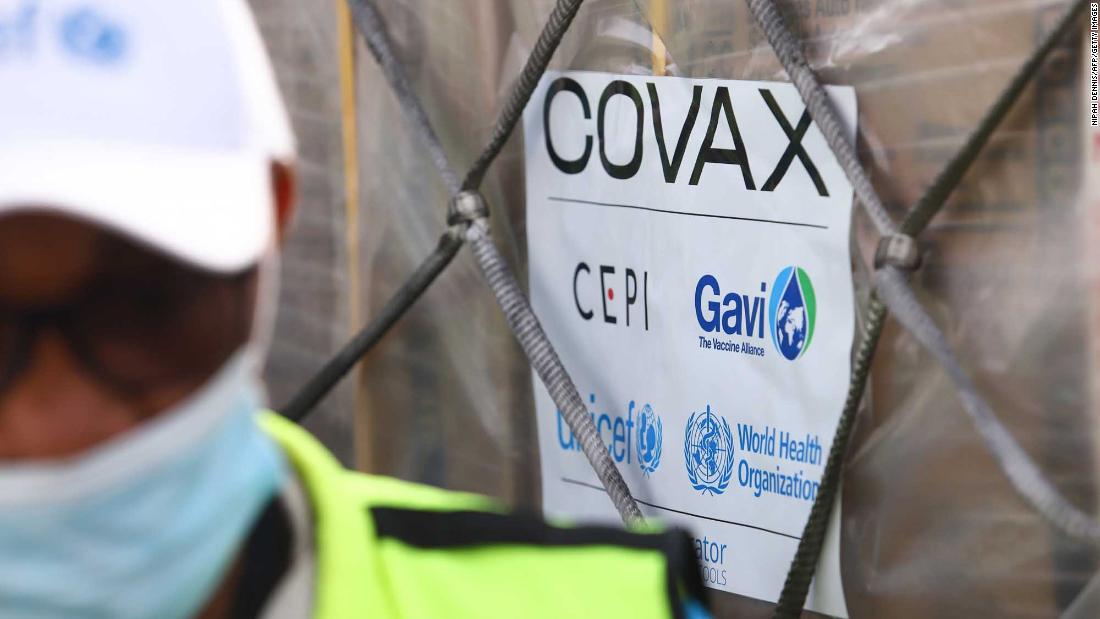“We have been fighting this virus, but we have been doing it with rubber bullets,” said Kenya’s Minister of Health, Mutahi Kagwe. “But what we get here is equivalent, metaphorically speaking, to the acquisition of machine guns, bazookas and tanks to fight this war against Covid-19.”
Weeks after many wealthier nations started receiving their first doses, COVAX started last week, starting with a delivery to Ghana. Days later, the country’s president was the first to be vaccinated publicly through the program.
“It is important that I set an example that this vaccine is safe because it is the first to receive it,” said Ghanaian President Nana Akufo-Addo on Monday, as he started a vaccination campaign across the country.
Ghana and Kenya, as well as Rwanda, Senegal, Nigeria, Côte d’Ivoire and the Democratic Republic of Congo, are among those who received their first vaccines in recent days, with the launch of COVAX in Africa.
COVAX coordinators hope that this will change soon, as access in developing countries continues to accelerate.
“We have delivered 10 million doses in fourteen countries so far, and now we will make at least another 10 million in the next week and increase from there,” Dr. Seth Berkley, Gavi’s CEO, The Vaccine Alliance, told CNN. “So, yes, insufficient doses and not as fast as we would like. It took us 83 days from the first jab in the UK to the first in Africa, but now we are going to try to get the most out of it as much as we can.”
COVAX, run by a coalition that includes Gavi and the World Health Organization, uses donations from governments and multilateral institutions to buy vaccines for poorer nations that cannot afford contracts with major pharmaceutical companies.
The program secured vaccines from AstraZeneca, Pfizer-BioNTech and the Serum Institute of India, with hopes of additional doses from companies currently working to obtain regulatory approvals. But getting enough supplies has been difficult, in part because the richer countries have ordered more than they need.
“The original challenge was that initially large orders were placed, blocking many doses,” said Berkley.
“It is estimated that there are about 800 million doses more purchased by countries than they need based on their population, and another 1.4 billion in options. Therefore, our hope is that some of these will be donated or free up their place in the queue, so that we can be sure that vaccines are available to everyone else. ”
Another barrier to the rapid delivery of the vaccine to the poorest countries may be the reluctance of drug manufacturers to give up some intellectual property rights over the vaccines they have created.
“Now is the time to use all tools to increase production, including licensing and technology transfer and, when necessary, waivers on intellectual property,” said WHO Director-General Dr. Tedros Adhanom Ghebreyesus at a meeting on UN coronavirus last week.
“When the temporary waiver of intellectual property is lifted, we see a lack of cooperation and even serious resistance. To be honest, I can’t understand this because this pandemic is unprecedented. The virus has taken the whole world hostage.”
Despite the delays, COVAX aims to make the distribution of the vaccine as equitable as possible. Of more than 180 countries in the program, 92 are eligible to receive free or discounted vaccines.
